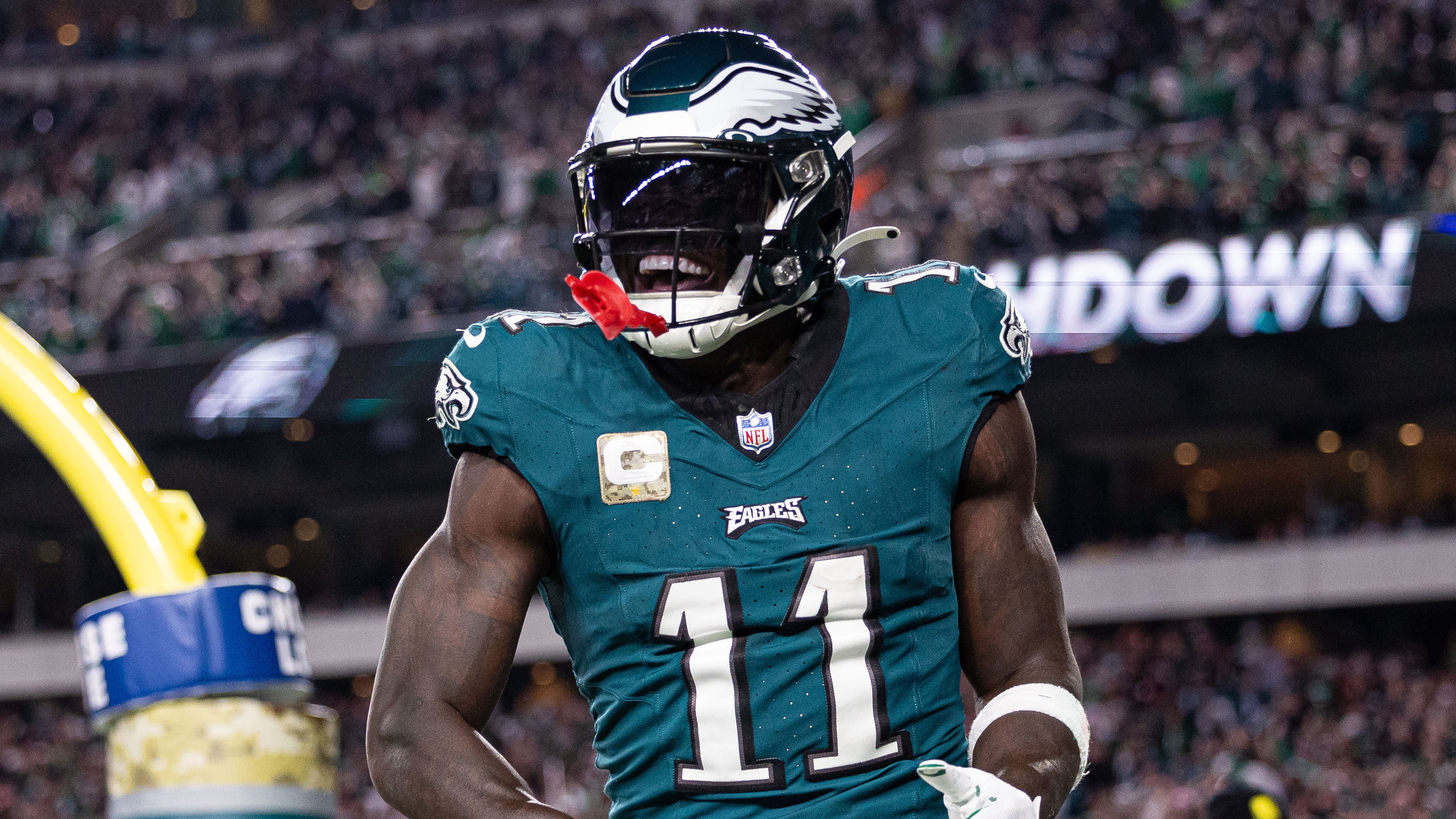Tomase: What's John Henry's holdup with a Rafael Devers extension? originally appeared on NBC Sports Boston
If John Henry really wants to prove that he's willing to spend, he'll sign Rafael Devers to an extension, like, tomorrow.
The arguments against bestowing $300 million contracts in free agency are sensible: You're paying for past performance, even stars in their late 20s risk the looming onset of a decline phase, signing someone else's player brings risks of the unknown, etc. ...
Get Boston local news, weather forecasts, lifestyle and entertainment stories to your inbox. Sign up for NBC Boston’s newsletters.
None of the above applies to Devers, and every day that passes without the slugging young third baseman inked long-term not only costs the Red Sox money, it feeds a nagging suspicion that's becoming more insistent: Henry doesn't see the value in spending big on anyone anymore.
Tomase: Will Red Sox make a play for Japanese slugger Seiya Suzuki?
The Red Sox haven't signed a player to a contract worth more than $14 million in three years. They last opened their wallets for World Series hero Nathan Eovaldi, who agreed in December of 2018 to a four-year, $64 million deal that was derided as an overpay, but looked like a bargain when he finished fifth in this year's Cy Young voting.
NBC Sports
Dave Dombrowski came from the school of not letting money stand in the way of maintaining a core. He spent big on stars like Miguel Cabrera and Justin Verlander in Detroit, and he did the same in Boston with David Price and J.D. Martinez, among others. Given the chance, he almost certainly would've paid Mookie Betts, too.
His replacement, chief baseball officer Chaim Bloom, arrived with instructions to rebuild the farm system and a don't-call-it-a-mandate to slash payroll. He succeeded remarkably in 2021, importing a number of cheap, versatile veterans like Kiké Hernández, Hunter Renfroe, and Garrett Richards, and riding the return of manager Alex Cora all the way to the American League Championship Series.
It didn't last, because the Houston Astros boasted just a little bit more top-flight talent. Houston lost leadoff man George Springer in free agency last year and may be preparing to bid adieu to All-Star shortstop Carlos Correa this winter, but it has ponied up more than $160 million for former MVP Jose Altuve and $100 million for third baseman Alex Bregman, who signed the kind of contract that's no longer on the table for Devers.
Bregman agreed to a six-year extension just days before his 25th birthday in 2019. By that point he had compiled a little over two years of service time, one All-Star appearance, one fifth-place finish in the MVP voting, and one World Series title. The Astros bought out four years of arbitration and two years of free agency, with his salary jumping from $13 million in 2022 to $30.5 million in 2023 and 2024.
If the Red Sox wanted to sign Devers to a similar extension, they would've needed to do so before the 2020 season, when he had accrued similar service time. The closer he gets to free agency, the less incentive he has to trade any kind of future discount for present security.
Devers just turned 25 and will be eligible for free agency after the 2023 season. If the Red Sox want to avoid his decline years, they'd sign him right now. After all, he's homegrown, extremely talented, and an obvious building block. If you're not keeping him, you're not keeping anyone.
So what's the holdup? It's possible that Devers is intent on reaching free agency, though if that's the case, he hasn't been nearly as explicit about it as Betts was before being traded to the Dodgers in 2020. Betts felt comfortable going year to year and setting records in arbitration, at least until signing a massive $365 million extension that will keep him in Dodgers Blue through 2032.
We're less clear on what Devers wants, but the choice for the Red Sox should be easy. Better to pay him $200 million at age 25 than $300 million on the open market at age 27. The fact that the two sides haven't come close to a long-term agreement to this point should be a giant red flag for fans worried that ownership believes it can win with a mid-market model despite large-market resources.
Asked on Monday about the status of extension talks with both Devers and shortstop Xander Bogaerts, who can opt out of his contract next fall, Bloom demurred.
"As always with any type of contract talks with players in-house, we wouldn't comment unless and until there's something to announce," he said. "But you know where we stand on both guys: They are critical, critical parts of our organization. Huge parts of past success here and hopefully parts of future success for a long time."
The Red Sox keep saying that, but they need to start showing it. Trading Betts because you didn't want to make an undersized outfielder the highest-paid player in history is one thing. Not paying Devers to lock down the middle of the order even though he'd cost comparatively less is enough to make you wonder if the Red Sox plan on paying anyone.
